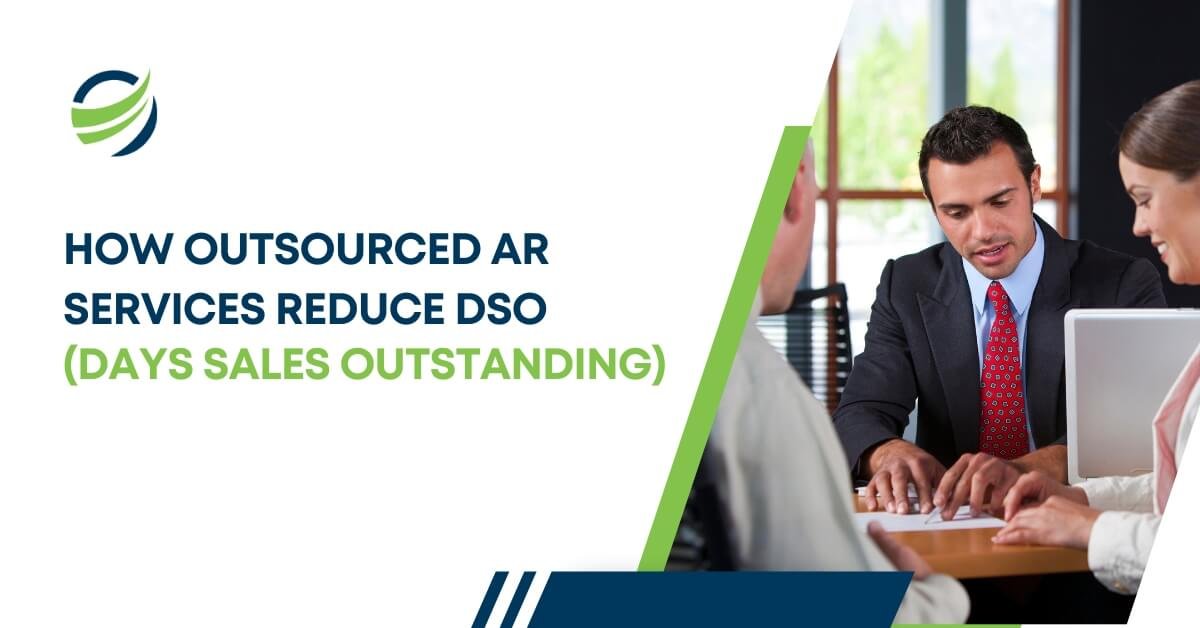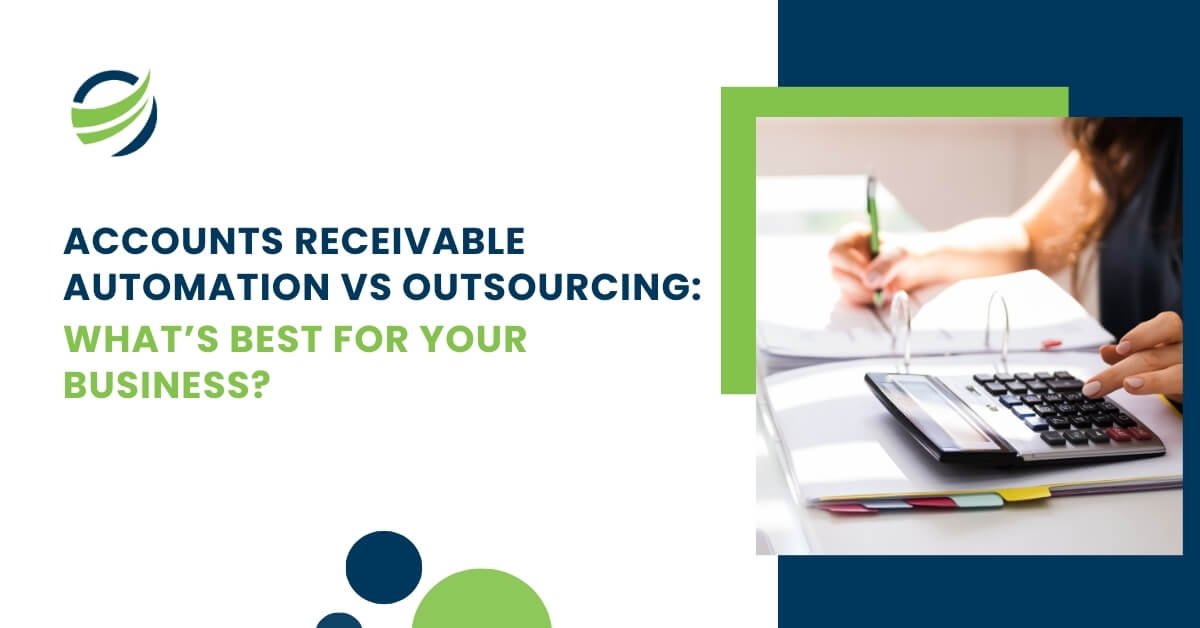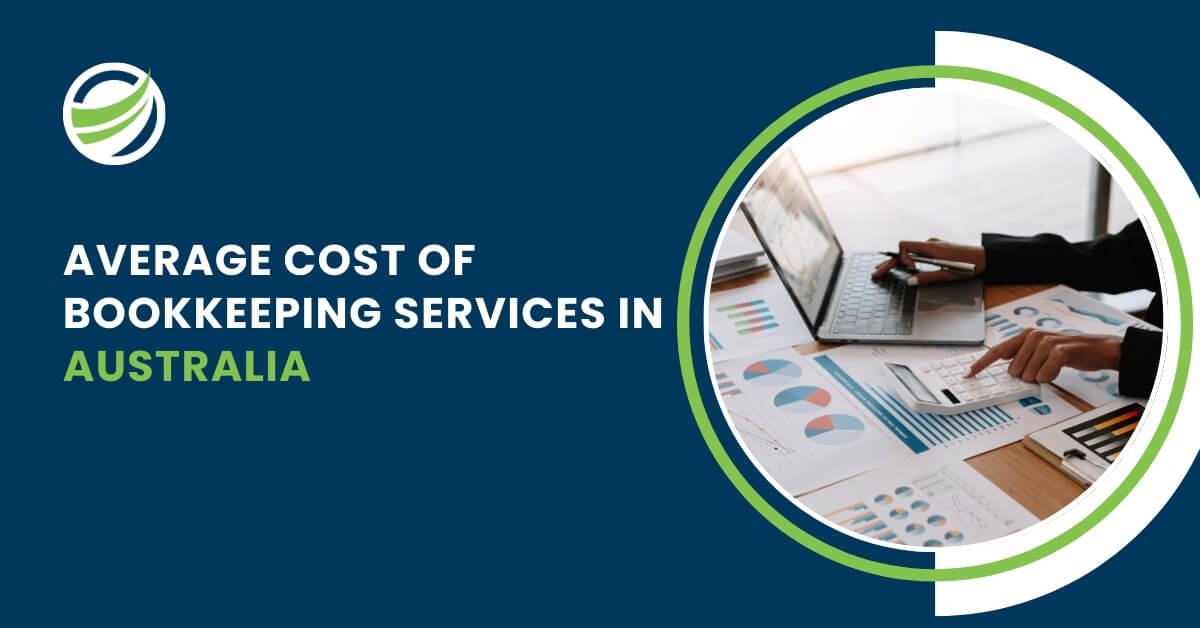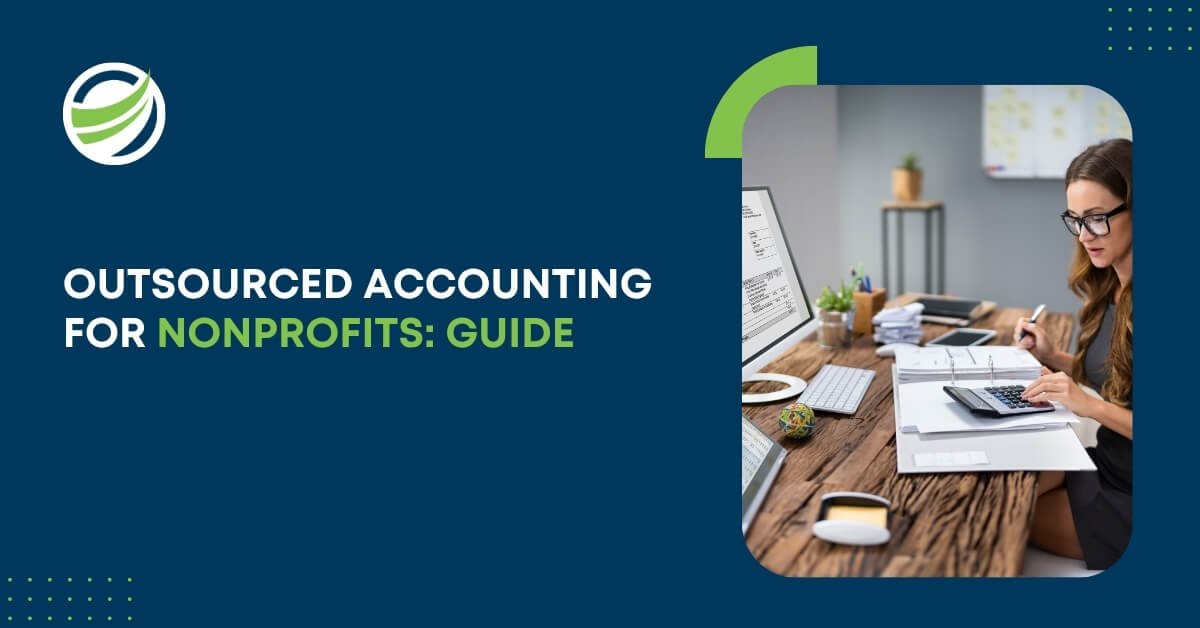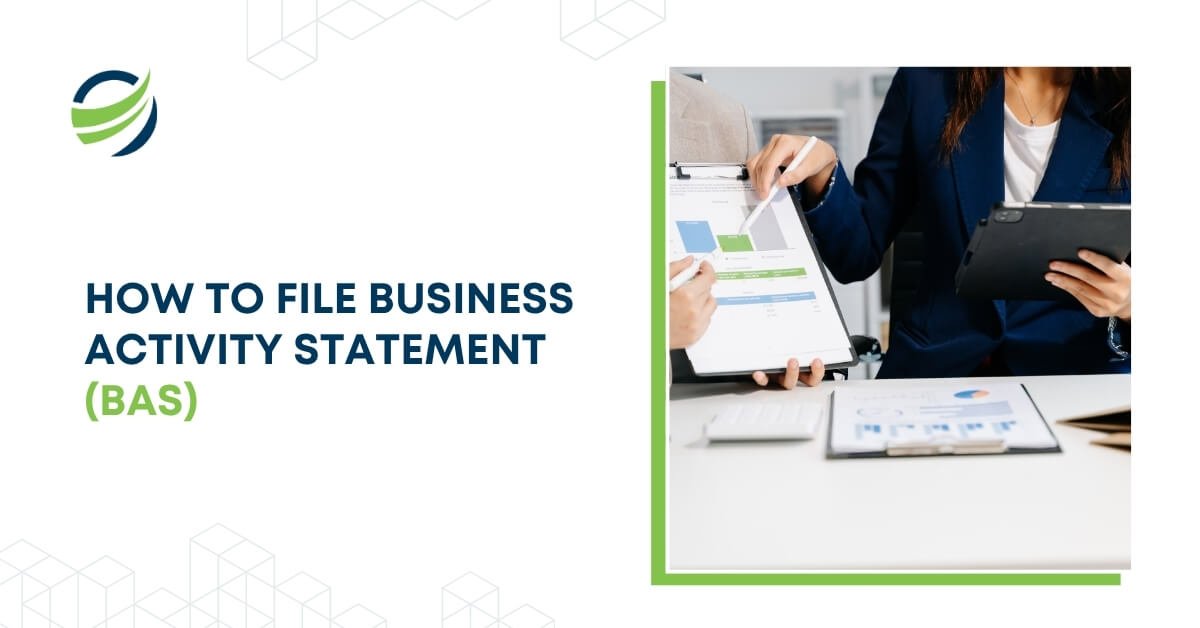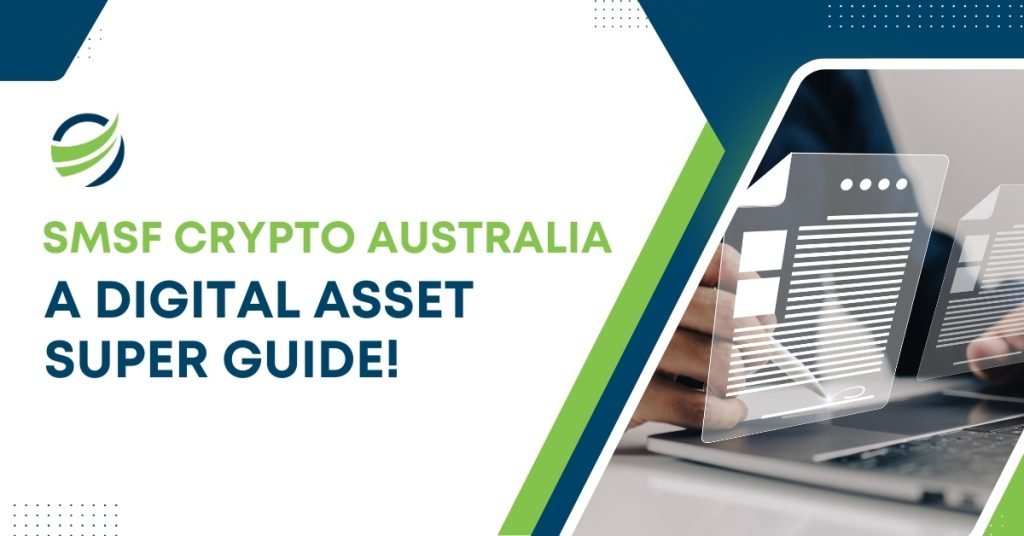
Self Managed Super Fund – SMSF Crypto Australia 2025
- Aesha Shah
- May 23, 2025
- 8 minutes
- Blogs
If you’ve been keeping an eye on your super and wondering whether it’s time to add a little bit of Bitcoin or Ethereum into the mix, you’re not alone. As digital assets mature and more Australians become crypto-curious, many are looking at their self-managed super funds (SMSFs) as a potential gateway into the crypto market.
Many trustees are turning to outsourced SMSF services, to help manage the complexities of digital asset investing. With the right support, crypto can be a tax-efficient and legitimate part of your superannuation strategy.
In this guide, we’ll walk you through everything you need to know about SMSF crypto Australia in 2025. From the rules to the risks, and the tax implications to the benefits, we’ll help you decide whether this path is right for your retirement strategy.
In this guide, we’ll walk you through everything you need to know about SMSF crypto Australia in 2025. From the rules to the risks, and the tax implications to the benefits, we’ll help you decide whether this path is right for your retirement strategy.
Can an SMSF Invest in Crypto in Australia?
Yes. SMSFs are legally allowed to invest in cryptocurrencies in Australia. According to the Australian Taxation Office (ATO), a cryptocurrency self managed super fund is permitted to hold digital assets such as Bitcoin, Ethereum, and other crypto tokens. However, there are very specific rules that must be followed.
Your SMSF must comply with the sole purpose test; meaning any investment, including crypto, must be made solely for the purpose of providing retirement benefits to its members. Crypto can be part of a diversified investment strategy, but it can’t be something you dabble in for fun or personal gain.
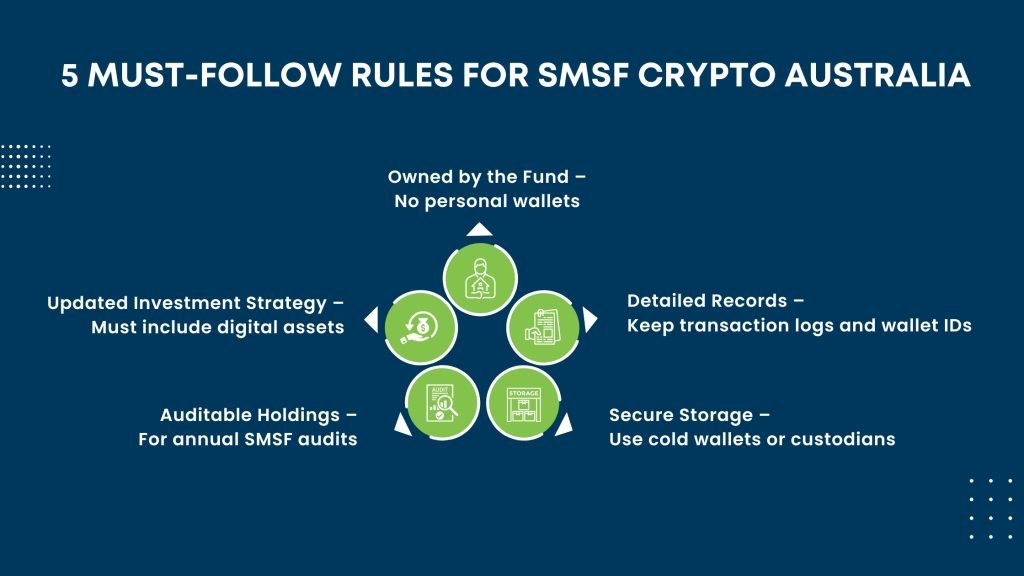
Key Compliance Rules for Crypto SMSF Australia
Crypto in your SMSF must be:
- Owned by the fund:
You can’t use your personal exchange account. The crypto must be registered under the SMSF’s name. - Stored securely:
The ATO prefers that funds use cold storage (hardware wallets) clearly associated with the SMSF, or trusted custodial services. - Properly recorded:
You’ll need to maintain detailed records of transactions, wallet addresses, and market valuations. - Auditable:
Your SMSF’s annual audit must include crypto holdings. If your records are a mess, you could be in trouble.
Also, your SMSF investment strategy must explicitly allow crypto. Many older trust deeds may not mention digital assets, so they may need to be updated.
How Is Crypto in SMSFs Taxed?
Cryptocurrencies are treated as capital gains tax (CGT) assets in Australia. That means if your SMSF buys Bitcoin and later sells it at a profit, the fund pays CGT on the gain.
Here’s the good news:
- SMSFs pay 15% tax on earnings during the accumulation phase.
- If the asset is held for more than 12 months, the CGT is discounted by 1/3, bringing the effective tax rate down to 10%.
- In the retirement (pension) phase, earnings and capital gains may be tax-free.
It’s worth noting that staking or earning crypto income may attract different tax treatments and require clear classification.
Pros of Holding Crypto in Your SMSF
According to data cited by News.com.au and the Australian Taxation Office (ATO), as of 2025, SMSFs in Australia have collectively invested more than $1.6 billion in cryptocurrencies, up from just $199 million in 2019. This marks a staggering 639% growth in six years. Notably, this rise is being driven largely by smaller SMSFs with balances under $200,000, showing that digital assets are no longer just for high-net-worth portfolios.
- Tax efficiency:
Holding digital assets inside your SMSF rather than a personal account could result in lower tax on gains. - Diversification:
Crypto can provide diversification away from traditional stocks and property. - Control:
With an SMSF, you choose your investments, including emerging asset classes like crypto. - Growth potential:
While volatile, digital assets like Bitcoin and Ethereum have shown strong long-term growth.
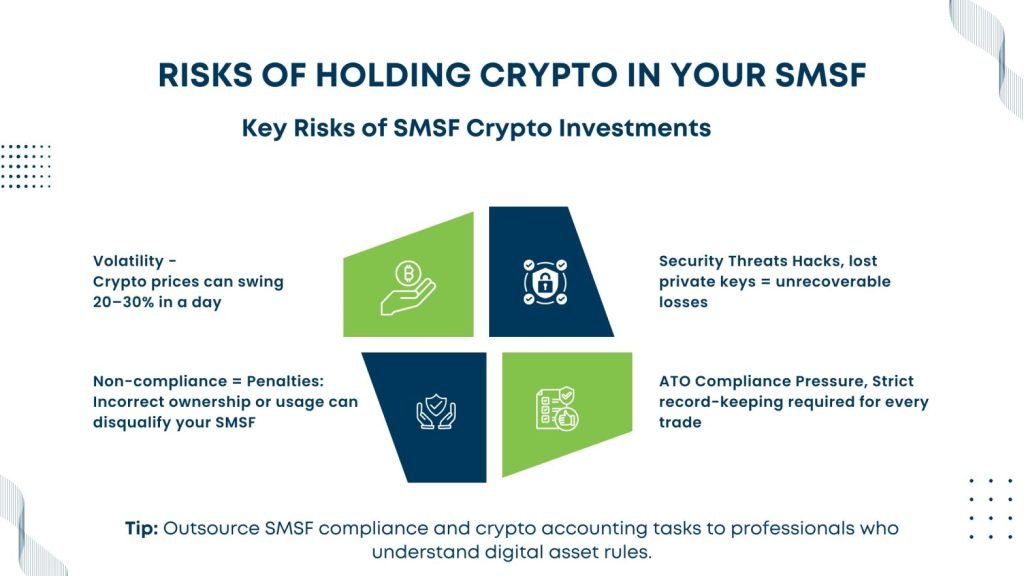
Risks and Challenges of SMSF Bitcoin and Crypto Investments
1. Volatility:
Cryptocurrencies are highly volatile. Prices can swing dramatically within a short timeframe, sometimes even within hours. This level of unpredictability can make it difficult to manage long-term retirement investments. A sudden crash in value could significantly reduce your retirement savings if you’re overexposed to crypto.
2. Security:
Security is one of the biggest risks. If your SMSF’s wallet is hacked or private keys are lost, your crypto assets may be unrecoverable. Unlike traditional bank accounts, there are no guarantees or insurance for digital assets. It’s crucial to use secure cold storage options and restrict wallet access to authorised trustees only.
3. Compliance complexity:
The ATO has set strict record-keeping requirements for SMSFs investing in cryptocurrency. Many trustees turn to SMSF administration services or crypto-savvy accountants for help. With the growing complexity of reporting crypto assets, having reliable SMSF accounting support can ensure your fund stays compliant and audit-ready.
4. Lack of financial advice:
Despite growing interest, many licensed financial planners are either not qualified to advise on crypto or remain cautious due to its unregulated nature. This leaves trustees in a challenging position, often navigating the technical and legal landscape alone or with limited support.
5. Regulatory scrutiny:
The ATO has officially flagged SMSF crypto investments as a high-risk area for non-compliance. In its 2025 updates, the agency stressed that all crypto assets must be strictly segregated from personal holdings, with accurate records of wallet addresses, transaction logs, and valuations. The ATO warns that trustees who fail to comply risk hefty penalties, audit failures, or even fund disqualification.
The ATO has flagged SMSF crypto investing as a compliance risk area in the past, particularly when personal use of SMSF assets is suspected.
How to Invest in Crypto Through an SMSF: A Step-by-Step Breakdown
- Review your trust deed and investment strategy to ensure crypto is allowed.
- Choose a compliant exchange that supports SMSF accounts. Some Australian platforms offer SMSF-specific onboarding.
- Set up a wallet in the SMSFs name. Preferably use hardware wallets or custodial services.
- Document everything: Each transaction, wallet ID, valuation, and decision-making process.
- Consult a professional: Work with an SMSF accountant or administrator who understands cryptocurrency.
Real-World Example: Bitcoin Superannuation in Action
Let’s say your SMSF invests $20,000 in Bitcoin in early 2023. By mid-2025, that investment has grown to $35,000. If you decide to sell, your SMSF may be subject to CGT on the $15,000 gain. If held for more than 12 months, the discounted capital gain ($10,000) is taxed at 15%, meaning only $1,500 tax is payable.
Compare this to personal investment tax rates (which can be as high as 47%), and the benefit becomes clearer.
Choosing the Right Support for Your Cryptocurrency Self Managed Super Fund
Crypto in SMSFs is not for everyone. But if you’re serious about long-term digital asset exposure and understand the risks, it can be a smart addition to your super strategy.
Look for professionals who:
- Are registered tax agents or SMSF specialists.
- Understand blockchain, wallets, and exchange platforms.
- Can help you meet your reporting and audit obligations.
A poorly managed crypto SMSF can lead to non-compliance, penalties, or even disqualification of the fund.
Final Thoughts: Is Crypto a Good Fit for Your SMSF in 2025?
Interestingly, a significant portion of SMSF crypto growth is being driven by younger trustees. According to Caleb & Brown and research compiled by crypto industry analysts, younger Australians are more open to digital assets and view crypto as a legitimate long-term investment strategy; particularly when paired with the tax advantages of an SMSF.
Digital assets are becoming more mainstream, but they still carry risks that traditional investments do not. If you’re comfortable with volatility, diligent with record-keeping, and willing to seek the right support, adding crypto to your SMSF could be a forward-thinking move.
As crypto becomes a more common SMSF asset, professional support is no longer optional; engaging reliable SMSF outsourcing can help trustees avoid costly penalties and focus on growing their fund confidently.
Whether it’s Ethereum, altcoins, or a simple SMSF Bitcoin allocation, remember: it’s your retirement. Make sure every investment decision serves that purpose.
Frequently Asked Questions (FAQs)
1. Can I buy crypto personally and transfer it to my SMSF?
No, you cannot purchase crypto in your personal name and transfer it to your SMSF. All digital assets must be acquired, held, and managed by the SMSF itself. Using personal wallets or funds breaches ATO regulations and may trigger compliance penalties.
2. What are the tax benefits of holding crypto in an SMSF?
SMSFs enjoy concessional tax rates. Crypto gains are taxed at just 15% during accumulation. If held over 12 months, a one-third CGT discount applies, lowering it to 10%. In the pension phase, earnings and capital gains from crypto may even be tax-free.
3. Is outsourcing SMSF crypto administration a good idea?
Yes. SMSF crypto management involves complex compliance and tax rules. Outsourcing to a qualified SMSF support provider ensures accurate documentation, audit readiness, and ongoing compliance—helping trustees stay focused on fund strategy and growth.
4. Are all crypto tokens allowed in an SMSF?
No. The crypto must align with your SMSF’s investment strategy, meet the sole purpose test, and be securely held in the fund’s name. Illiquid or high-risk tokens could raise compliance concerns and might not meet ATO requirements for SMSF investments.
5. What happens if I don’t report SMSF crypto transactions properly?
Poor crypto record-keeping can lead to ATO penalties, trustee disqualification, or loss of fund compliance. The SMSF may lose tax benefits if transactions aren’t traceable or if assets are used for personal gain. Clear, compliant records are essential.
6. Can you buy crypto in SMSF?
Yes, you can. SMSFs are legally allowed to invest in crypto like Bitcoin or Ethereum, provided the assets are held in the fund’s name, securely stored, and comply with the ATO’s sole purpose test. Your trust deed and strategy must also permit digital assets.




